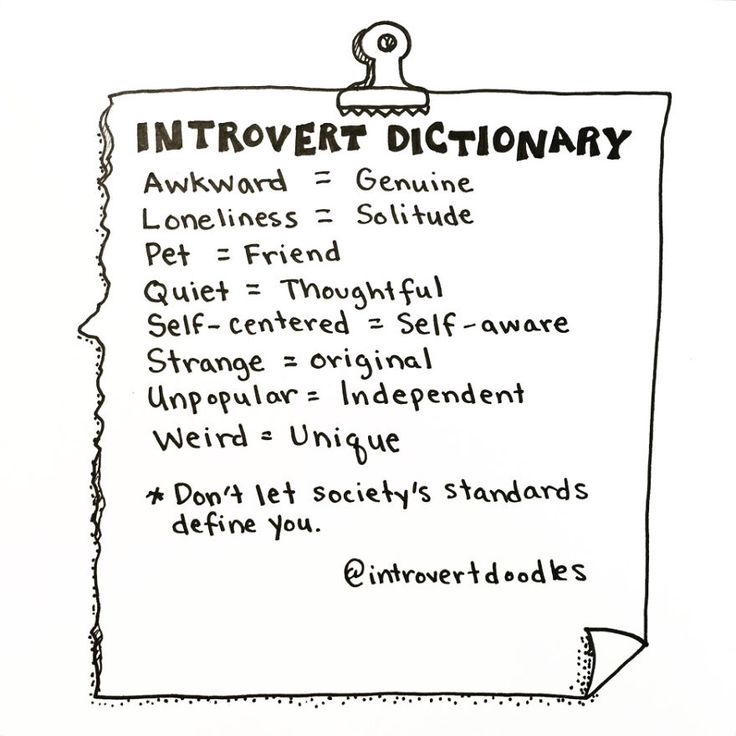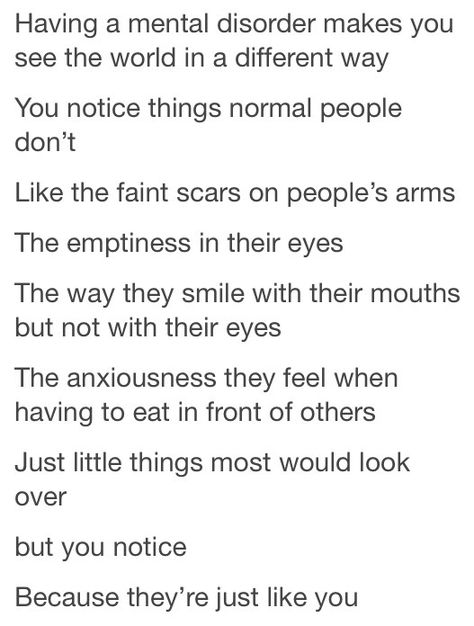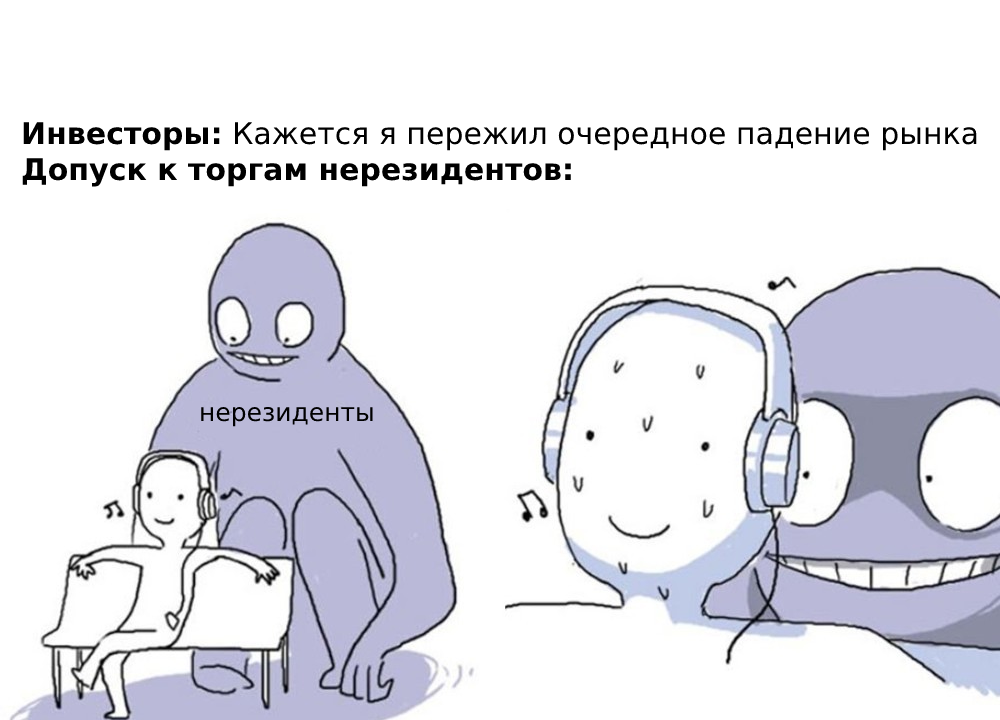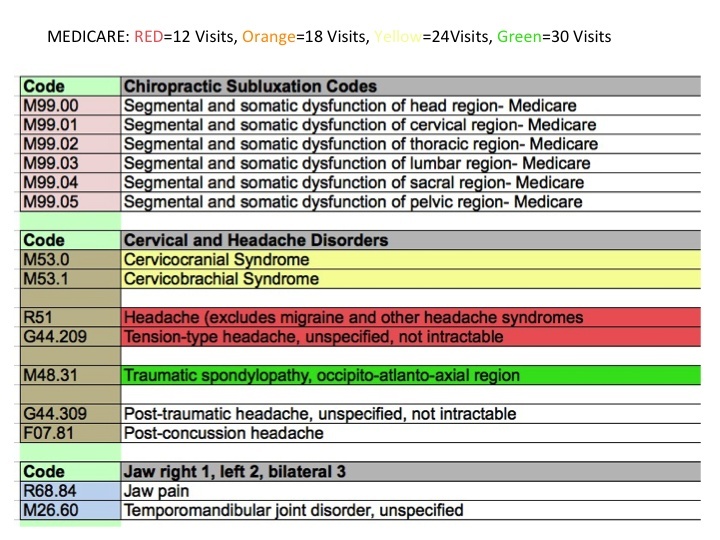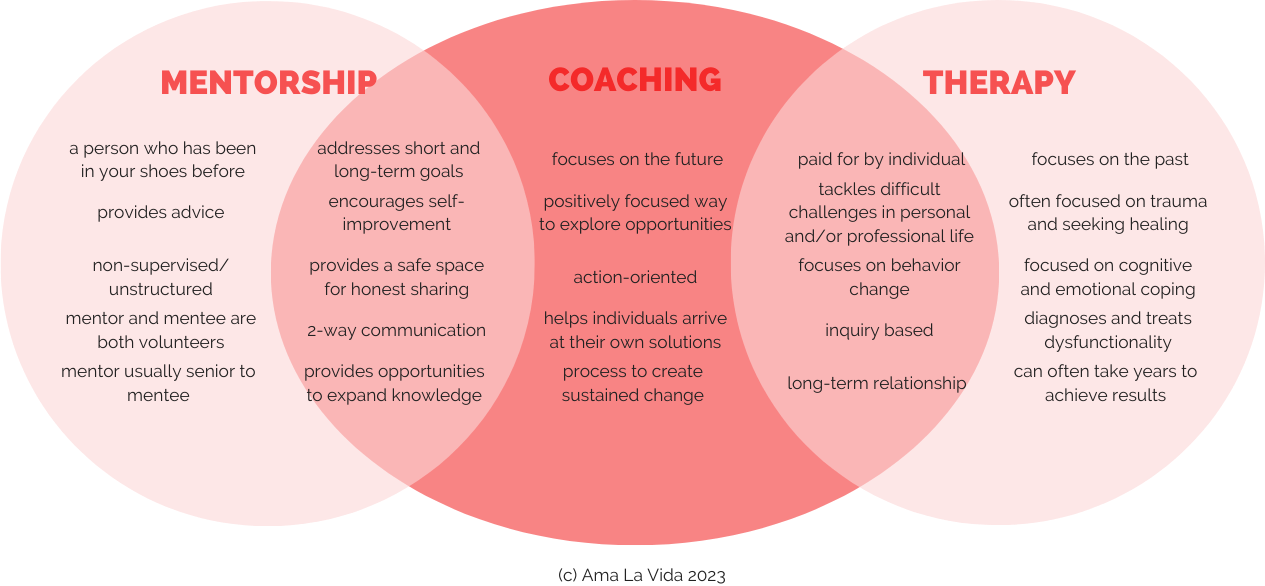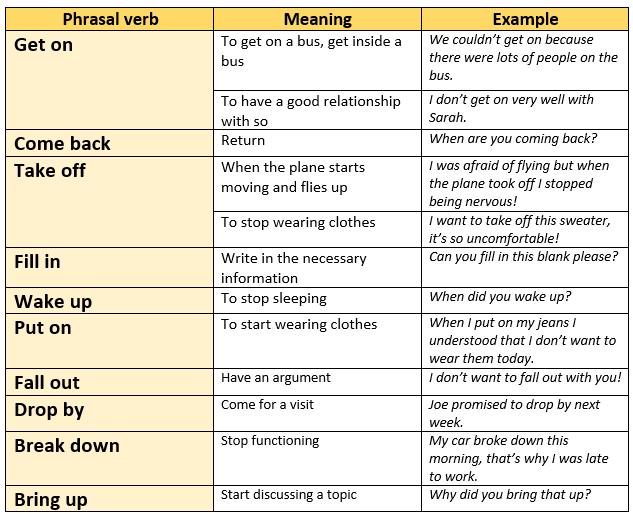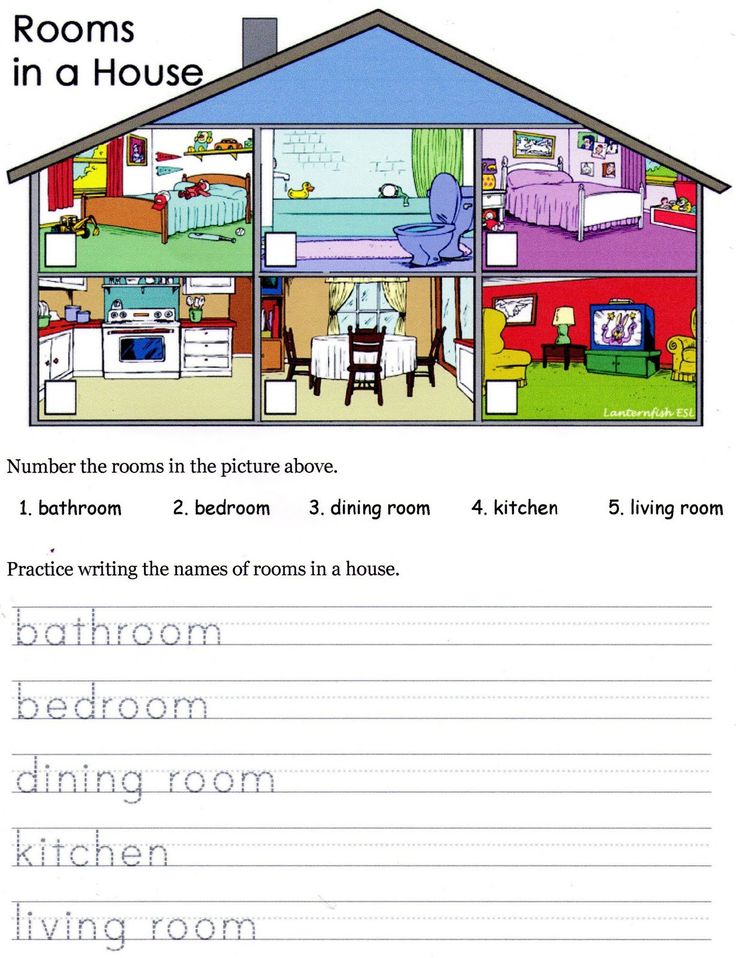Dream personality type
What is the Meaning of Your Dreams Based on MBTI Personality Types?
2 shares
Before you read how your MBTI type affects your dreams, take this test. If you’re unfamiliar with the terminology, you can consult this page along the way.
The internet loves MBTI! There are multiple websites dedicated to this simple personality test. Communities and digital subcultures obsess about their four-letter type.
ENTJ, ISFP, ESFJ, Ni, extroverted Sensing, etc. Acronyms give us invaluable insights into our psyche. I first encountered this terminology in Jung’s work. Of course, he didn’t categorize them in such a streamlined fashion. Still, he laid the foundations for Briggs and her daughter Myers to create this introspective, self-report questionnaire.
I was astounded by the accuracy of some of the descriptions. It became a powerful tool when I truly understood the intricacies and connections between the functions.
While I’m not an expert in Jungian typology, I’ve talked with many people who are! They helped me understand why I thought and felt the way I did, why I make certain decisions, and they showed me the source of my fears and anxiety.
See, people who criticize MBTI have the false belief that it can explain and predict all of the details of your personality. From my perspective, it is simply a roadmap that shows you the way but not the destination.
One thing I’ve yet to fully grasp is how your MBTI type affects your dreams. The evidence suggests that your personality can determine the kinds of dreams you have.
Meaning of Your Dreams Based on MBTI Personality
This article will attempt to write short snippets for all 16 MBTI personality types and collect more data. Feel free to comment below on how accurate you think I was and add your perspective
ISTJ (Si – Te – Fi – Ne)
Leading with introverted Sensing, ISTJs retain their attention to detail and admirable memory even in their dreams. Yet, the suppressed Ne usually installs a layer of imaginary abstraction to create a surrealistic environment.
Yet, the suppressed Ne usually installs a layer of imaginary abstraction to create a surrealistic environment.
Dreams may include a familiar situation with a surprising visit or an unexpected event disrupting the industrial mind of the ISTJ. Maybe you’re late for work because an elephant is blocking the entrance of your house. Or, your anxiety about the brief you didn’t deliver last night is manifested as an old classmate that gave you trouble in school!
ESTJ (Te – Si – Ne – Fi)
Similar to their introverted counterparts, the dream of an ESTJ is usually grounded in reality but not without a special “flavor”.
In this case, introverted Feeling finds an escape from the highly conscientious upper stack (Te – Si). It helps you express emotions in animated ways.
Even though the structure isn’t missing, you’ll find that it’s your rich inner world that directs your dreams.
Your subconscious will help you experience all of the emotions that you left untapped during the waking hours, making your dreams very intense.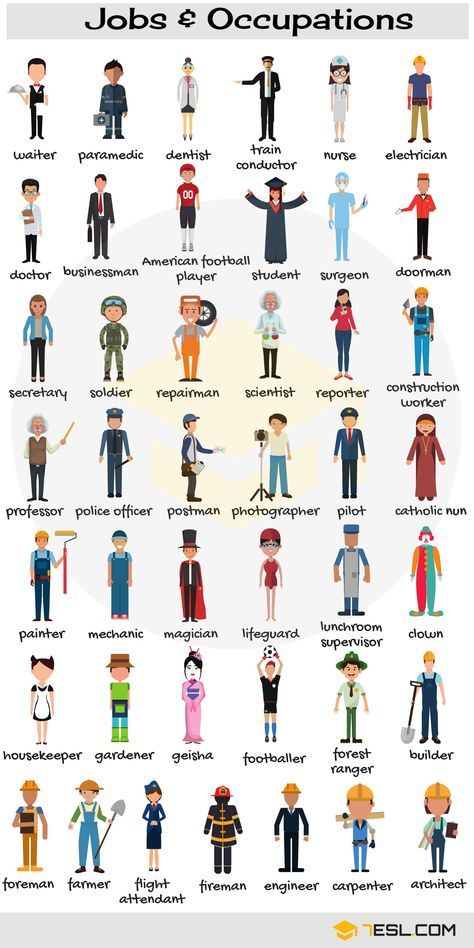
ISFJ (Si – Fe – Ti – Ne)
Harmony and tranquility in real life? Chaos and revolution in your dreams. The ISFJ is unbound by the demands of the tyrannical Fe and can freely roam the never-ending streets of imagination.
Future is the tagline of all your dreams. You can now dissect (Ti) the flashing visions of the layered possibilities (Ne) and choose your path.
Unapologetically, you start putting your needs and wants above all else. During your sleep, you’re able to talk to your future self. Listen carefully.
ESFJ (Fe – Si – Ne – Ti)
The otherwise bubbly and cheerful personality of the ESFJ becomes a serious pragmatist. In many cases, their dreams are a form of helpful punishment.
The inferior function of introverted Thinking will provide you with sharp and constructive criticism. What may appear like a nightmare is your psyche warning you.
Perhaps you made a rushed decision or trusted someone that didn’t deserve it. Your dream will show you how to course correct.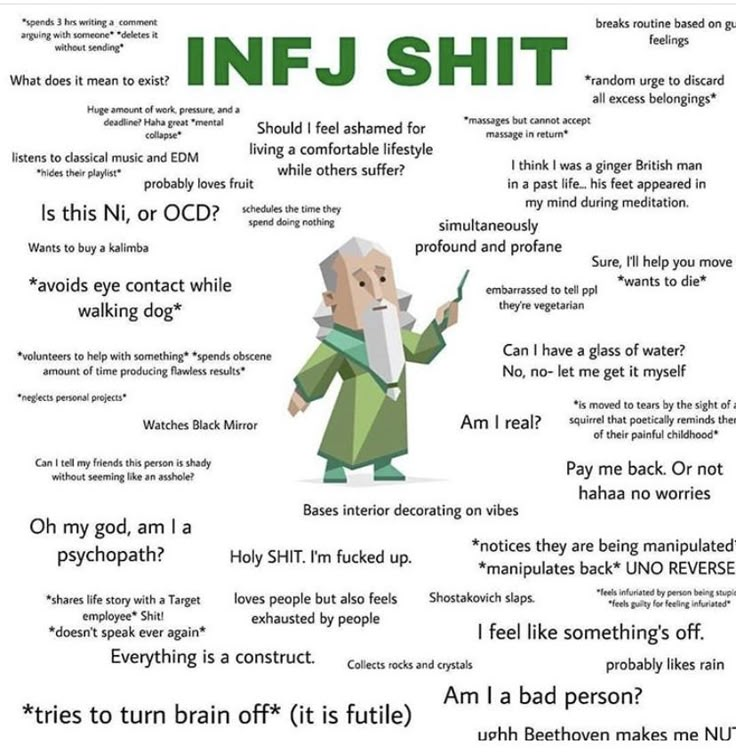
INTP (Ti – Ne – Si – Fe)
The internally consistent INTP remains in a state of limbo. How can he reconcile the calculated, almost cold, and purely logical self with the need to connect and harmonize the collective?
Your unmatched ability to create extremely efficient models is put to work during your dreams. Yet, your purpose is humancentric.
In your dreams, you are the center of attention but for a good reason. You might feel uncomfortable, but that’s exactly what your subconscious is trying to train you for!
To come out of your shelter and test your superior operative abilities in a setting that you might feel awkward in.
ENTP (Ne – Ti – Fe – Si)
Visions of sacrifice and return to tradition characterize the futurist ENTP. The inversion of their mode of operation shines a light on the missing piece that will fulfill their destiny.
You know what you’re capable of. The relentless pursuit of knowledge may leave you burned out.
Usually trapped in the confinements of abstraction, the inferior introverted Sensing – paired with the Feeling tertiary – shows you an alternative future.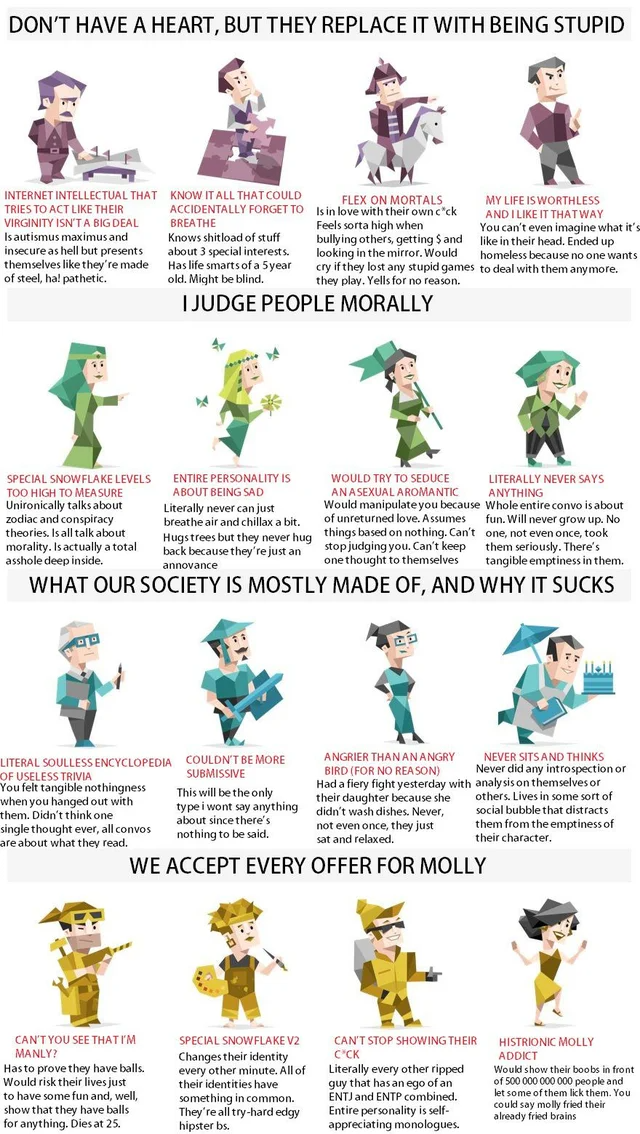
One where you can ground yourself to the tangible space. Family and friends appear in your dreams to remind you of what you forget when you lose yourself in the intangible.
INFJ (Ni – Fe – Ti – Se)
Primordial archetypes and action-packed dreams build a unique world, one that you can only find in books. The INFJ foreshadows the future through complex paradigms and symbolic schemata that only he can decipher.
Your dreams tend to be intense and grounded in your real life. What might seem like a random depiction of events or the reorganization of your memories usually hides a deeper meaning.
One of the best candidates to use a dream journal. You’ll soon find out that specific patterns emerge, patterns that confess an overarching narrative.
You should also pay special attention to the sensory input. Extroverted Sensing will provide plenty!
ENFJ (Fe – Ni – Se – Ti)
The ENFJ possesses the unmatched ability to direct his dreams. Prone to lucid dreaming, it’s not uncommon for this charismatic character to take control.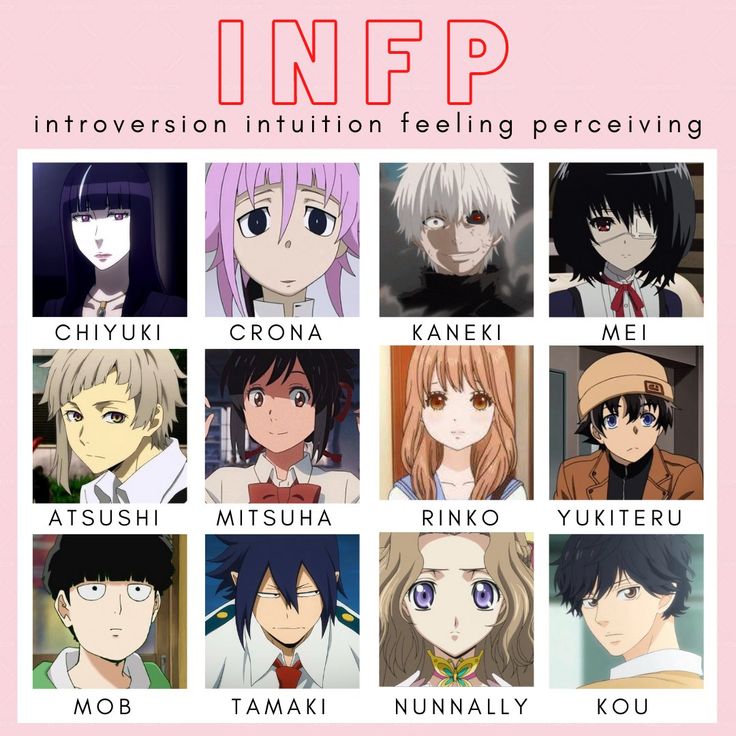
Your introverted Ti remains dormant during your waking hours. But the judgemental, self-conscious nature of introverted Thinking can often torment you in your dreams.
It’d be a mistake to wiggle yourself out of an awkward situation like you always do use your eloquence and charisma. This time, allow things to play out, accept the consequences, and step away from the limelight.
INFP (Fi – Ne – Si – Te)
The peculiar, artistic nature of the INFP emerges ten times stronger in their dreams. The organizing Te will provide the direction they need to realize their potential.
A colorful life translates to colorful dreams. The key here is not to lose yourself in dreamland.
While it serves as an inspiration for your art, you can end up becoming a maladaptive daydreamer and indulge in your fantasies at the expense of real life.
During your sleep, the events you experienced during the day will appear slightly altered or outright weird. Observe them and notice how they relate to your values and emotions.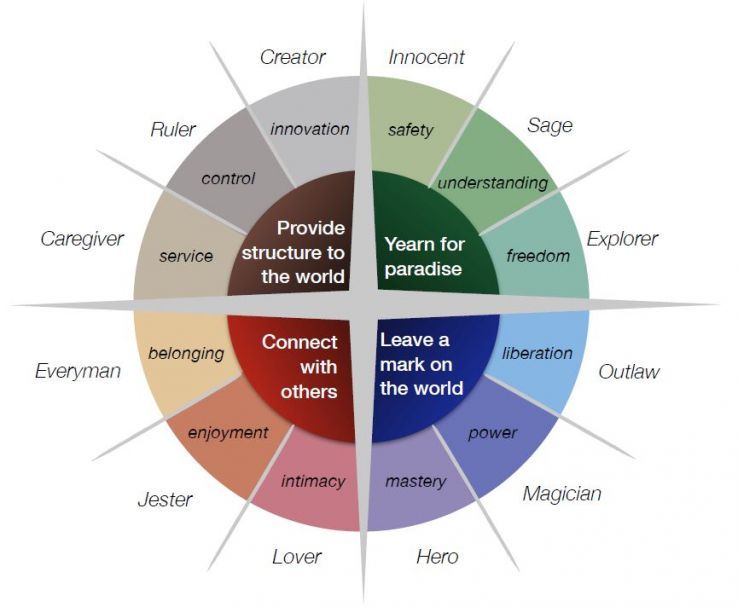 Maybe you should’ve stood up for yourself more firmly instead of withdrawing?
Maybe you should’ve stood up for yourself more firmly instead of withdrawing?
ENFP (Ne – Fi – Te – Si)
Weird dreams. All dreams are weird, but the ENFPs take it to the next level.
But weird doesn’t mean nonsensical. Your psyche is populated by emotional egregores that come to life during your sleep.
You get to meet and interact with your preconceived notions about people. Your value judgments have flesh and bones.
Of course, how they manifest is subjective. It could be that they’re a whole crowd cheering you or judging you. It doesn’t matter. Simply listen! You better listen to them now.
INTJ (Ni – Te – Fi – Se)
The Ni-Se axis translates to violent dreams. The elements paint abstract visions that offer the Architect a way to reconcile his disciplined nature with his wild side.
Even though you have a reputation of being cold and calculated, your dreams break through your shell.
They’re an important tool for self-discovery, showing you what you ignore during the day.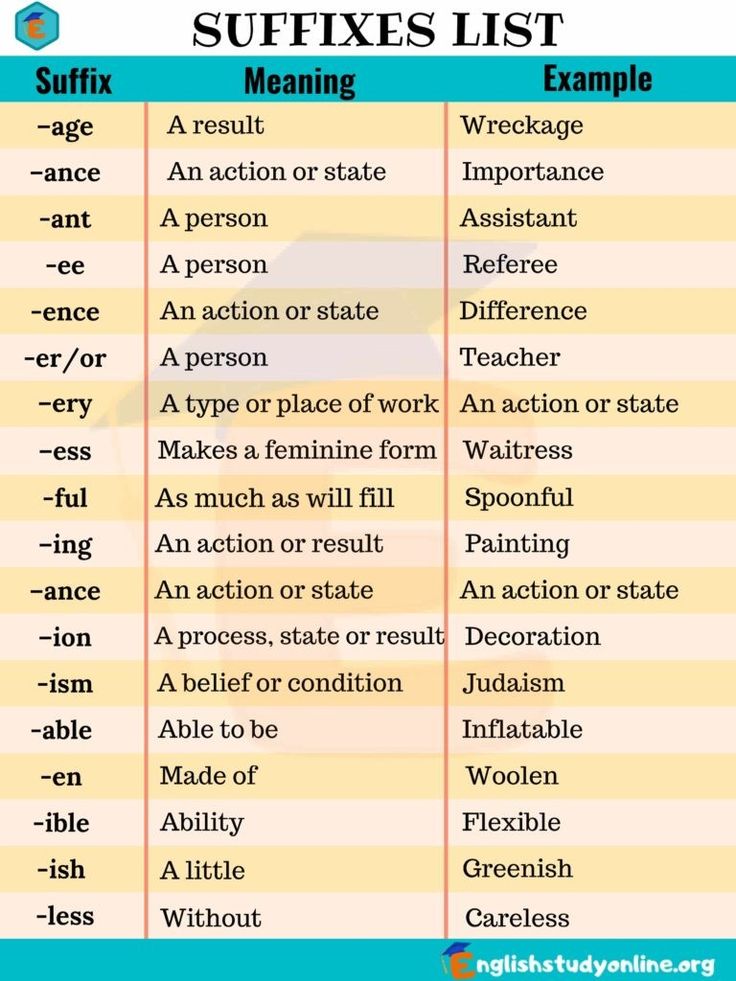 While your dreams are chaotic and intense, your visuospatial awareness helps you decodify them into applicable insight.
While your dreams are chaotic and intense, your visuospatial awareness helps you decodify them into applicable insight.
But that also means you’ll either follow your own advice or be tormented by your subconscious every night.
ENTJ (Te – Ni – Se – Fi)
Controlling the environment is the bread and butter of the ENTJ. But there’s a price to be paid, and that manifests as their inferior Feeling.
You guessed it. For you, dreams are a way to blow off steam and accept – or even experience – your suppressed emotions (Fi).
While you do a great job of keeping everything in line, it can mute the intricacies of your emotional body.
Your dreams are characterized by powerful emotions. Crying, laughing, screaming are a few ways you get to express them.
ISFP (Fi – Se – Ni – Te)
ISFPs project their artistic tendencies to everything they do. Their dreams are no different.
Your strong sense of self is translated to powerful insights. The Ni – Te part of your stack is at the forefront of your dreams, often spawning latent desires for control over the world of abstraction.
Dreams are either extremely surrealistic or mundane, from grabbing coffee with your friends to Inception-like, nested dreams. Albeit an introvert by nature, you’re drawn to the stage. All you need is the courage to walk up the stairs.
ESFP (Se – Fi – Te – Ni)
ESFPs dramatizes the common aspects of life, adding their flair to the world. Dreams are where they assume the role of the director and step away from the role of the protagonist.
Your dreams follow the hero’s journey — but the hero isn’t you! While you might find yourself on the sidelines, it’s better to be the observer and learn from the “performances” of your subconscious.
Be mindful of anxiety-driven dreams as they can often be a manifestation of latent anxiety in real life.
ISTP (Ti – Se – Ni – Fe)
Aloof yet caring, the ISTP mends and nurtures relationships.
The faces you see during your dreams are important to you. You can spend multiple nights trying to figure out other people and your relationship with them.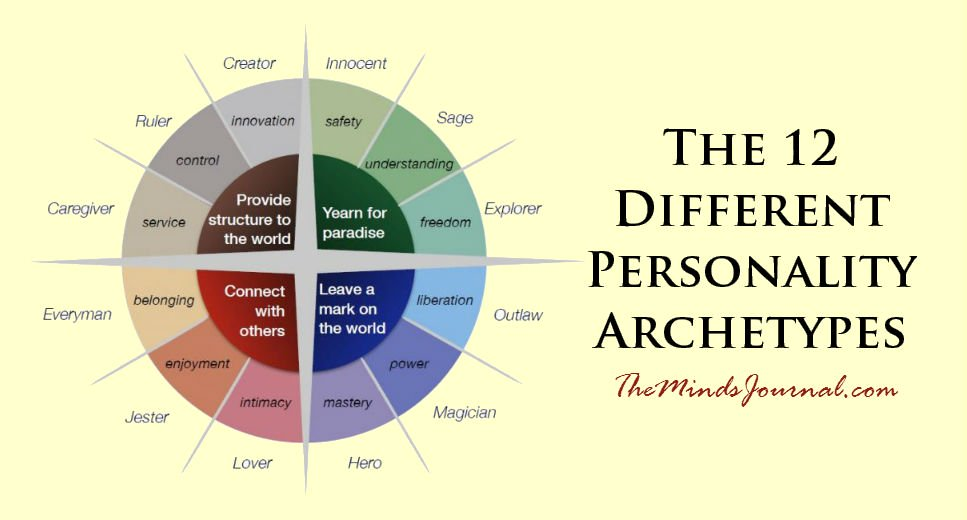
It’s imperative to give yourself enough room to breathe. Use a dream journal and meditate on your dreams.
But most importantly, share them with the people you care about. You’ll be surprised by how accurate some of your insights are.
ESTP (Se – Ti – Fe – Ni)
The Se – Ni axis drives transformation and symbolic death. For the ESTP, dreams are troublesome but highly rewarding.
What is merely a hunch in real life (Ni) becomes a tangible vision during your dreams, a grand rite you have to participate in.
If you manage to grasp the main message, you’ll wake up with a plan and a future. And as an ESTP, the last ingredient is your bread and butter; action.
Conclusion
Do you agree with these descriptions?
Keep in mind that this is a work in progress. We’ll listen to your feedback and add more details.
Make sure to subscribe here, so you don’t lose any updates.
George Kourakos
George K has been immersed into the world of myths and dreams for a very long time now, attempting to find the numerous symbolisms and meanings attached to them.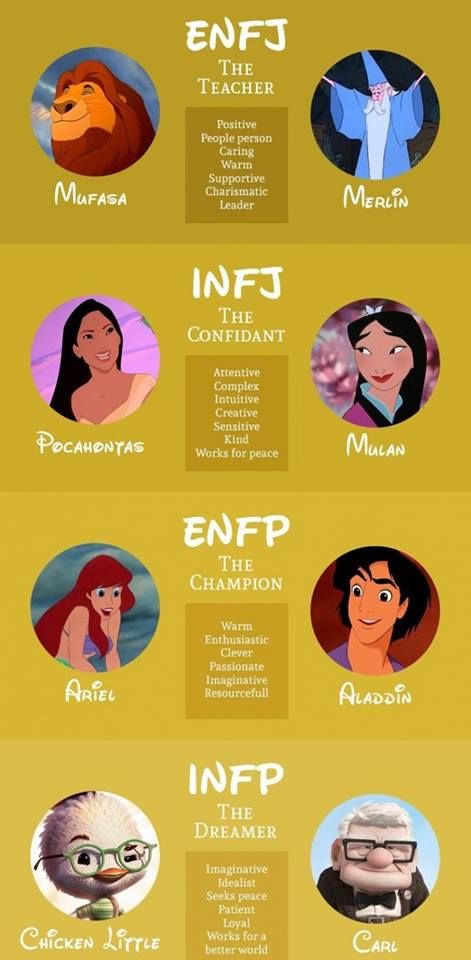 He is a prolific writer along with being an independent researcher. Contributing his knowledge and learnings to several magazines and blogs, he has the unique ability to simplify and explain even the most intricate subjects.
He is a prolific writer along with being an independent researcher. Contributing his knowledge and learnings to several magazines and blogs, he has the unique ability to simplify and explain even the most intricate subjects.
How Your Myers-Briggs Personality Type Affects Your Dreams
It's fun to learn more about ourselves and to feel understood — that's why we take personality tests so incessantly. And since we live in an age of increased self-awareness, we can apply those tests to so many things, like our Hogwarts house and makeup preferences. Clearly, knowing thyself has taken on a whole new meaning lately, and we love the things that these tests can tell us — but did you ever wonder how your personality might affect your dreams? In a new study, Best Mattress Brand set out to discover whether specific types of people had particular types of dreams. Read on for their fascinating results.
The test explored each component of the Myers-Briggs types, which can be broken down into eight characteristics:
Extraversion or Introversion: This is the way you focus your energy.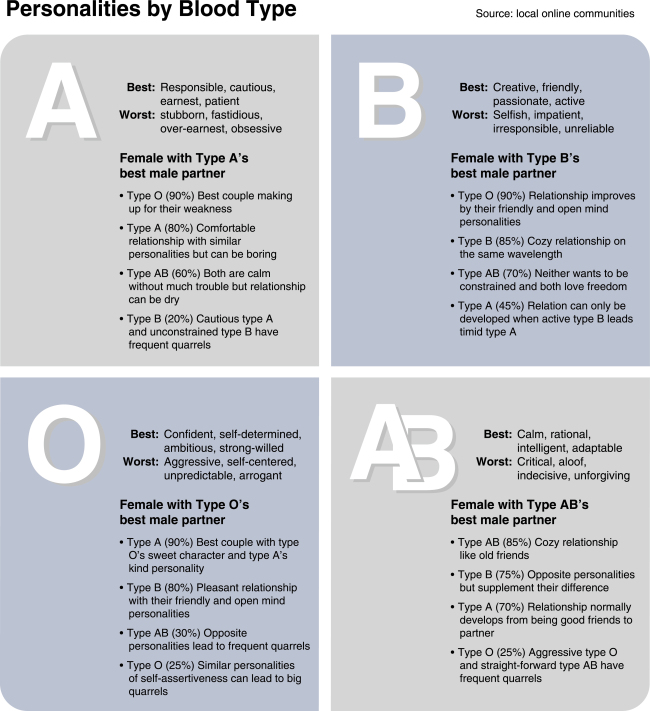 Extroverts focus on the outside world, and Introverts focus on their inner world.
Extroverts focus on the outside world, and Introverts focus on their inner world.
Sensing or Intuition: This is the way you process information. Sensing individuals focus on the facts, and Intuitive individuals interpret the facts.
Thinking or Feeling: This is the way you make decisions. Thinkers process decisions logically, and Feelers make decisions with context and emotion in mind.
Judging or Perceiving: This is the lens through which you interpret the world. Judgers prefer decisive action, while Perceivers like to keep their options open.
Together, your individual combination of these eight traits creates your personality type. Given these traits as variables, the study surveyed 1,000 people on their Myers Briggs traits and their sleep habits.
As you'd imagine, there were a lot of discrepancies between Introverts and Extroverts. Interestingly enough, Extroverts are 17.7 percent more satisfied with their levels of energy during waking hours than their introverted counterparts.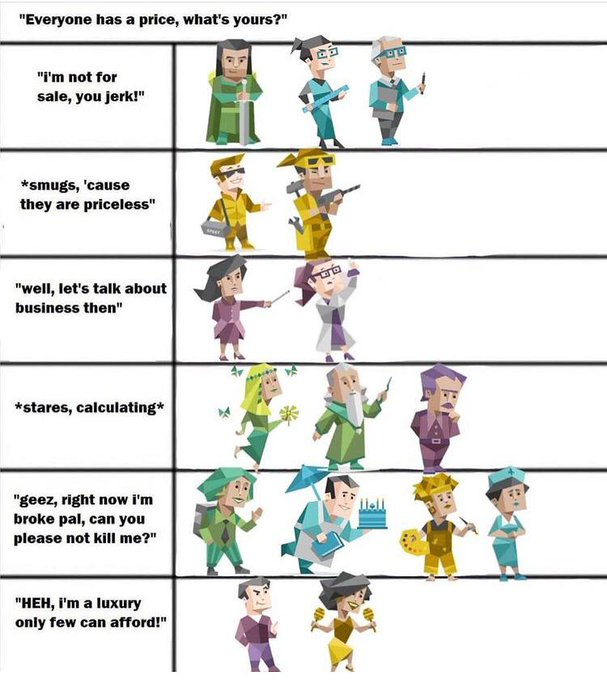 Perhaps it's because of their dream habits: Extroverts also have 8.3 percent fewer nightmares than Introverts. Extroverts also dream about traveling 13.9 percent more often than Introverts do.
Perhaps it's because of their dream habits: Extroverts also have 8.3 percent fewer nightmares than Introverts. Extroverts also dream about traveling 13.9 percent more often than Introverts do.
What about the content of these dreams? If you're Intuitive, you're 16.8 percent more likely to dream about being killed than Sensers are. Apparently, Intuitive individuals' dreams are more violent across the board: They also dream about getting attacked and “punching something with no effect" more often.
There's also a substantial difference between Thinkers and Feelers when it comes to dreams. The more emotional Feelers dream about getting pregnant more often than Thinkers do, and they dream about their friends more often too. Perhaps Thinkers are just thinking too hard; they talk in their sleep almost 10 percent more than Feelers do.
The Judgers and Perceivers have their differences as well; in fact, Perceivers have night terrors 10.2 percent more often than Judgers, probably due to the fact that they experience reality so deeply.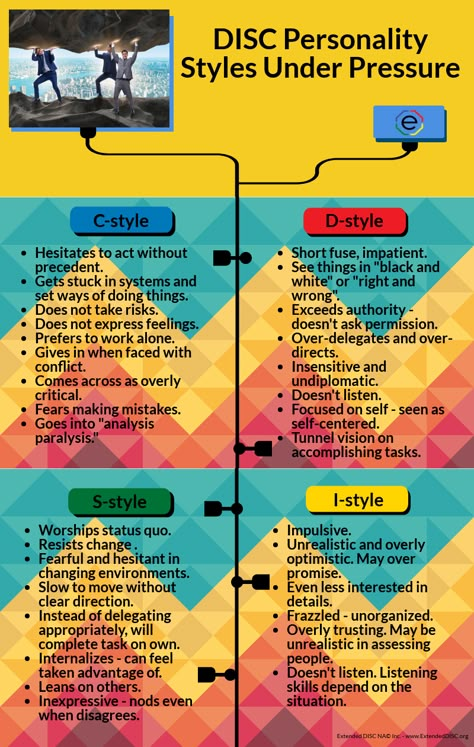
Does your personality type match up with these findings? Let us know @BritandCo.
(Photo via Brit + Co)
This post has been updated.
Gabrielle Gresge
Gabrielle Gresge is a Chicago native and journalism student at the University of Missouri. While not chasing deadlines, she enjoys giving campus tours, exploring her new home, and missing her old one. She loves to write about these experiences in her own handwriting at gabriellegresge.wordpress.com.
The four personality types that every team should have
Continuation of the story from
Media news2
Stories
Stories
Elena Likhanova
Senior editor at RB.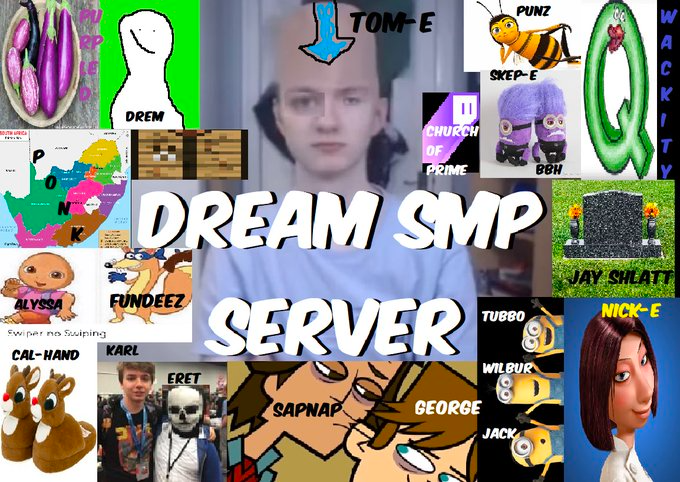 RU
RU
Elena Likhanova
Each employee has a unique set of traits, skills, strengths and weaknesses. The task of the manager is to determine what type of personality the employees are and determine how they will best interact with each other.
Elena Likhanova
Brain
Just as the brain controls the entire body, this team member motivates others to perform actions that lead to the ultimate goal. That was Steve Jobs: purposeful, but difficult to communicate with.
- Pros: The brain is an ambitious, assertive, competitive, and results-hungry personality type most often associated with traditional leadership roles. The brain takes up the most space in the room and probably has the loudest voice. His task is to remember the goal and strive for the next victory.
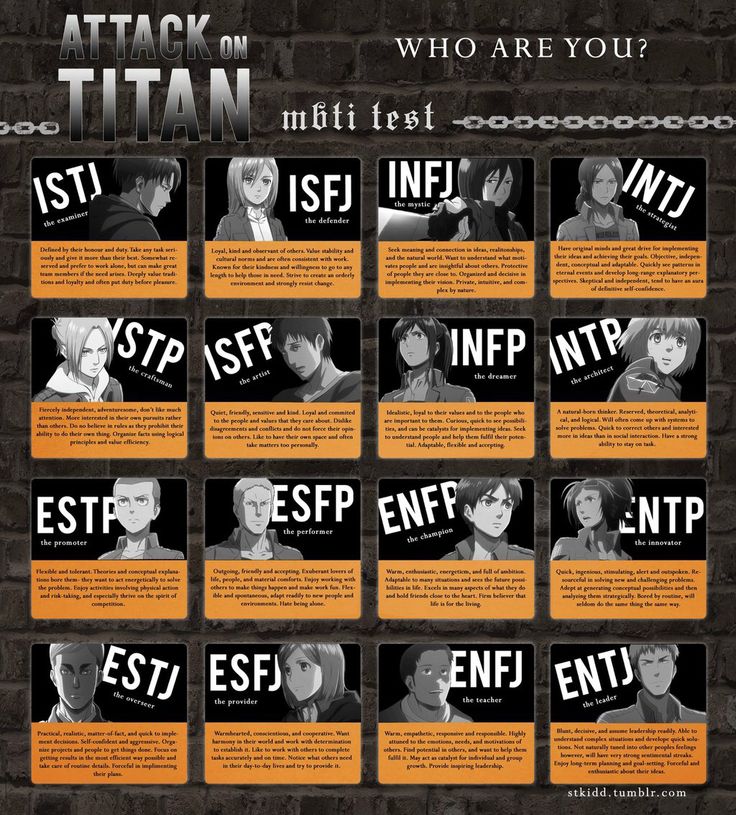
- Cons: He is often too assertive and overbearing in communication, which can interfere with the engagement and effectiveness of the group. Because he is action oriented, he doesn't let those around him rest and often moves on to the next task without analyzing the situation.
Voice
This person sees the big picture, understands what it consists of, motivates and inspires everyone to keep moving towards a common goal. This is a member of the team, who is called a visionary, a visionary and an inspirer. Like the Brain, the Voice is result-oriented. This category includes many founders of companies and media personalities, for example, Elon Musk or Oprah Winfrey.
- Pros: has big dreams and wants to take equally big actions to achieve them. However, the Voice counterbalances the Brain's tough nature by leading others in a more positive, energetic, and inspiring manner. The voice is more human than the brain.
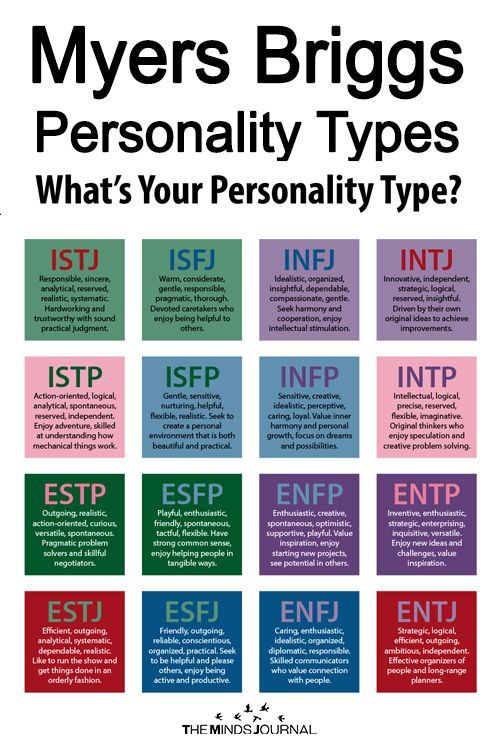
- Cons: due to big thinking, it completely misses small but important details. He can be so enamored with his idea that he turns a blind eye to what needs to be done to get it. And, like the Brain, the Voice can move on to the next project before the first one is finished. In addition, the constant energy and positivity of the Voice can tire other team members.
Keen Eye
Where the Brain and Voice focus on big goals and motivation, Keen Eye focuses on the details to get things done right. Such a high-ranking tactician as Bill Gates can be attributed to this type of personality.
- Pros: A sharp eye is an analytical, logical and rational character. He is unlikely to inspire the crowd. His place is in the thick of the work, he must make sure that the data is correct. A keen eye thinks through every process to make it efficient. Nothing escapes his attention.
- Cons: A keen eye is essential for completing projects, but can get stuck due to too much analysis.
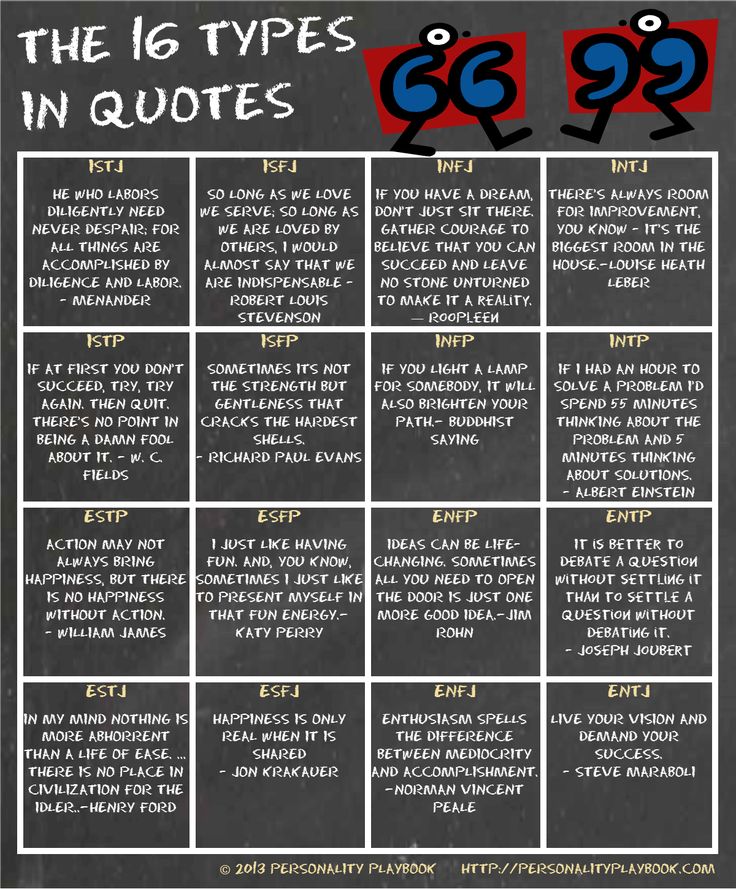 A sharp eye can be so engrossed in perfecting details and performing small tasks that it will work too slowly or completely slow down. This is why every team needs to have a Brain and a Voice to keep the team focused and moving forward.
A sharp eye can be so engrossed in perfecting details and performing small tasks that it will work too slowly or completely slow down. This is why every team needs to have a Brain and a Voice to keep the team focused and moving forward.
Heart
The heart unites everyone, creating community, consensus and cooperation. The writer Brené Brown is a prime example of this type of personality.
- Pros: as a rule, everyone likes to work with this type of personality. This is the link of the team, around which everyone unites to achieve the goal. The heart knows how to listen and makes everyone feel heard. This personality type is patient, cooperative, compassionate, consistent, and calm. He is best at community projects, bringing harmony to strife and keeping others involved to prevent burnout.
- Cons: weakness of the Heart in focusing on people, not on results. This type of person may decide to spare someone's feelings instead of giving constructive feedback on an idea, which can make it less effective and the project less successful.
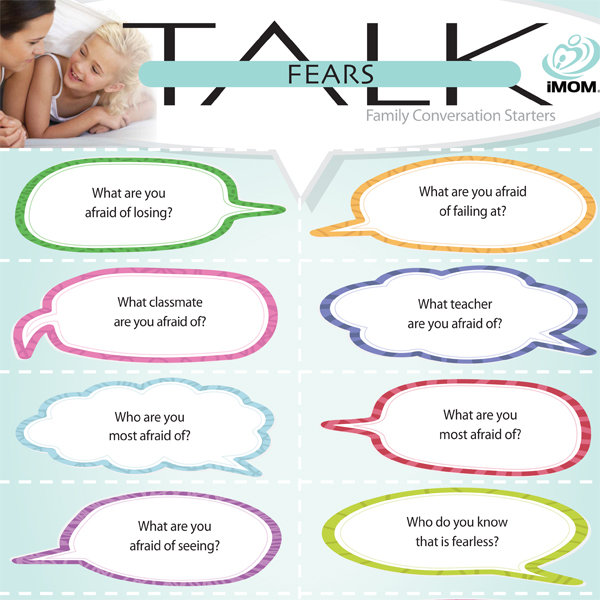 The Brain and the Keen Eye bring balance to the team by balancing the Heart's focus on people with focus on the task at hand.
The Brain and the Keen Eye bring balance to the team by balancing the Heart's focus on people with focus on the task at hand.
To achieve the right relationship in a team, you need to understand how different types of personality work harmoniously together. First of all, the leader needs to understand what type of personality he himself belongs to in order to determine who the team needs for balance. Make sure your people understand who they are and who surrounds them.
By balancing Brain, Voice, Keen Eye and Heart, you can create teams that use each person's strengths. You can't drastically change people, but you can control how well they are willing to interact with each other.
Source.
Cover photo: REDPIXEL.PL / Shutterstock
- Business
- HR
- Management
- office life
- Team
Found a typo? Select the text and press Ctrl + Enter
Related materials
- 1 A new team for each order: when it works and why independent specialists are better than full-time ones
- 2 Meetings where no one sleeps: how to involve employees in teamwork
- 3 We optimize, not reduce: how to manage with fewer employees
- 4 How to form a strong team: 5 tips from the head
POSSIBILITIES
March 06, 2023
"Method"
March 06, 2023
MedLab Innovation Laboratory
March 06, 2023
Olympiad in Informatics from "Yandex Textbook"
All possibilities
Stories
6 facts about Mira Murati, CTO of OpenAI
Analytics
ChatGPT neural network: a new free chatbot with artificial intelligence
News
Kinopoisk invited Russian companies to describe themselves with a quote from the songs of The King and the Jester
Speakers
Bullying is just the beginning.
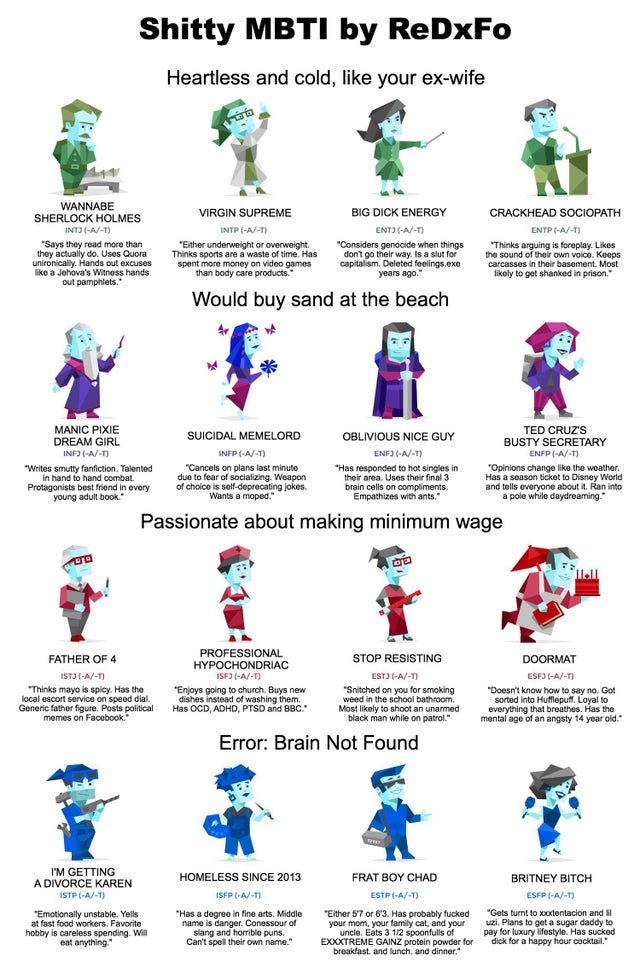 How can an employee resist mobbing at work?
How can an employee resist mobbing at work? News
Sales of Chinese household appliances ChiQ began in Russia
how to calculate your personality type and find a “dream job” ≡ Zhyvoedelo
It is believed that there are only nine deep “drivers” that determine a person, influence his way of thinking, worldview, behavior. This typology is the Enneagram. Among many things, it helps to determine which of the existing professions is most suitable for each of the types.
At different times, psychologists, physiologists and psychotherapists have tried to explain a person, his aspirations and relationships with others using various personality typologies. They were divided according to temperament (choleric, phlegmatic), according to mental functions (socionics), according to life values (Plato's typology), etc.
Today, a new psychological model of personality types is in use - the enneagram.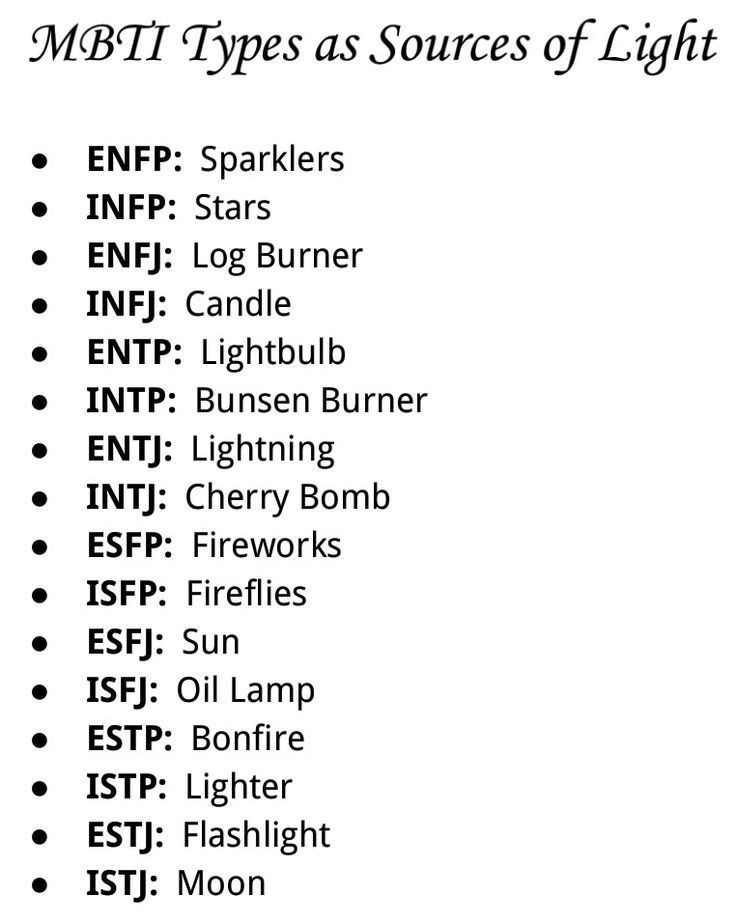 It is especially popular in the USA, where with the help of this model, HRs select the right personnel, form effective teams, and motivate employees.
It is especially popular in the USA, where with the help of this model, HRs select the right personnel, form effective teams, and motivate employees.
What is this? Enneagram (from the Greek ennea - nine and grammos - figure) is a psychological model that identifies and describes nine personality types based on their subconscious motivation. It is believed that there are only nine deep “drivers” that determine a person, influence her way of thinking, worldview, and behavior. Including, using the enneagram, you can calculate which of the existing professions is most suitable for each of the types. It will help to understand this issue Anastasia Pankovetskaya – author and presenter of the training “They are also OK. How the Enneagram Helps to Negotiate with Oneself and Others”, business coach of Alla Zadneprovskaya’s Living Business Consulting Group.
To determine your ennea type, take the test>>>
Type One: Perfectionist or Reformer
People of the first type are very reliable, accurate, principled and structured. They are ethical and idealistic - they strive for perfection in everything. Perfectionists live by the rules and control their emotions.
They are ethical and idealistic - they strive for perfection in everything. Perfectionists live by the rules and control their emotions.
Life credo: I know how to do everything well, and I will teach.
Keyword: rule.
Career orientations: areas where everything is regulated and structured. There is opportunity for career growth and a team of like-minded people. Lack of control, because people of the first type are themselves aimed at the maximum result. The value of the work is also important to them.
Possible professions: manager (including top manager), lawyer or lawyer, banker, financier, accountant, product owner.
Type two: Friend or Helper
Type two people are relationship oriented, insightful, caring, empathic, loving and generous. They are glue people at work, often saying “Yes” to others, while completely forgetting about their own needs. "Twos" want to be loved, to give their warmth and light to other people.
Life credo: Recognize the needs of others and offer help.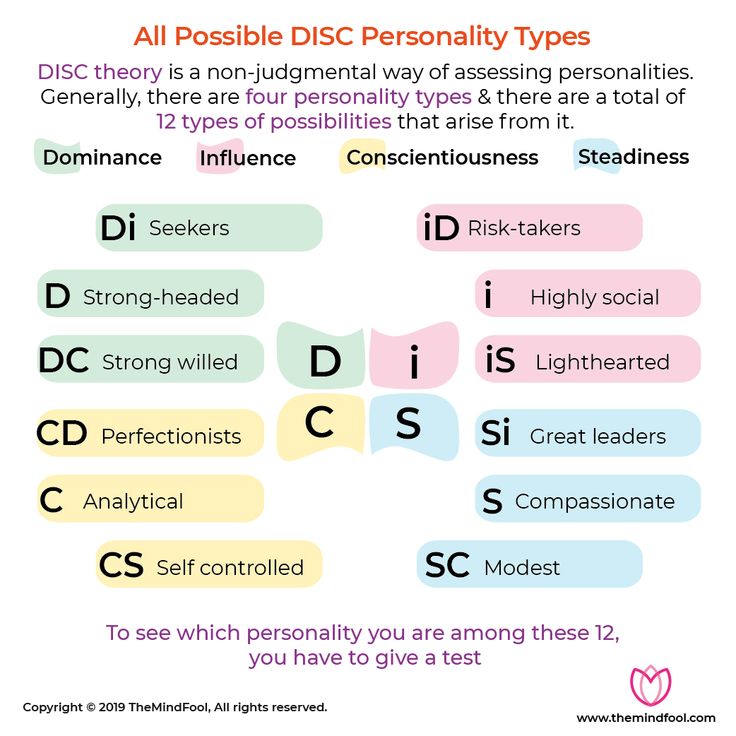
Keyword: thank you.
Career orientations: service and service-related industries, social entrepreneurship, non-profit organizations and volunteering.
Possible professions: teacher, cook, fireman, designer, event manager.
Type three: Achiever
People of the third type are purposeful, active, efficient, self-confident and charming. They are incredible workaholics and easily adapt to different situations in life, because they strive for success and want to be admired.
Life credo: life = work.
Keyword: goal.
Career orientations: personal brand or positions with a high salary level, the possibility of rapid career growth.
Possible professions: executive director, PR director, sales manager, project manager.
Type four: Individualist
People of the fourth type are emotional, creative and creative, stand out, romantic nature. They believe that others love them for their uniqueness and originality, so they always want to show their individuality, stand out brightly.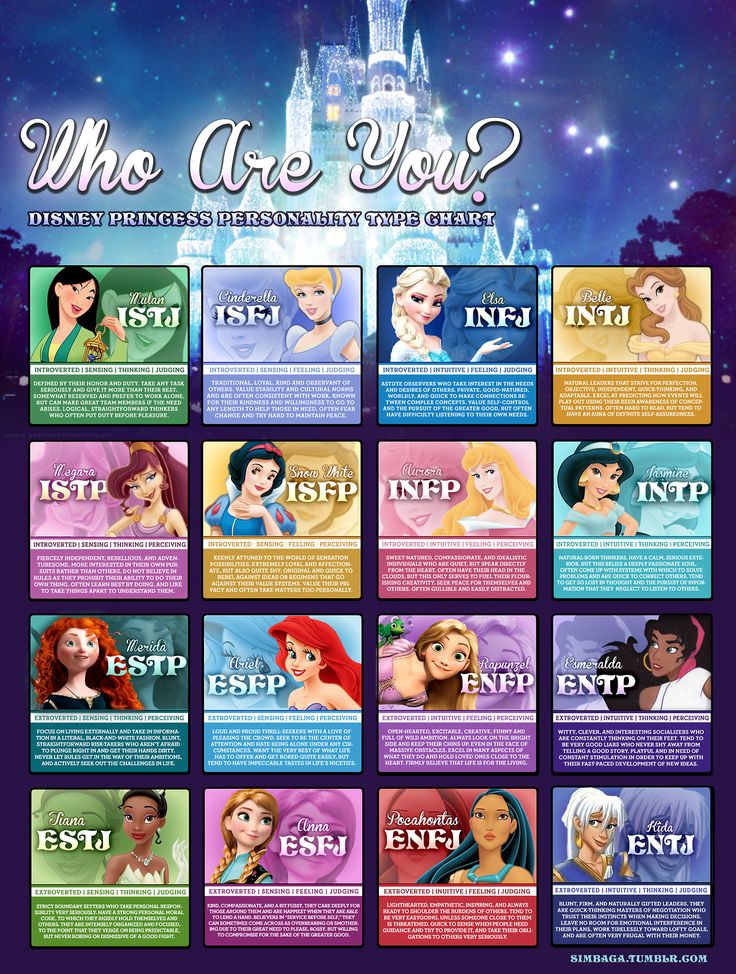 One of my biggest fears is being like everyone else.
One of my biggest fears is being like everyone else.
Life credo: creativity always and everywhere! Even when the work is routine, Type 4 will bring a special element to the performance—something unique.
Keyword: emotion.
Career orientation: any direction where you can express yourself creatively and embody your ideas.
Possible professions: psychologist, consultant, massage therapist, musician, actor, writer, artist, designer.
Type five: Observer or Thinker
People of the fifth type are very erudite, thinking and deep - they are completely immersed in the topic. They are successful strategists and good listeners, because they are determined to get the maximum amount of information about the world around them.
Life credo: to accumulate knowledge about the world, about different areas that attract them.
Keyword: expertise.
Career orientations: science and technology, freelance (remote work).
Possible professions: CFO, architect, professor or scientist, web developer.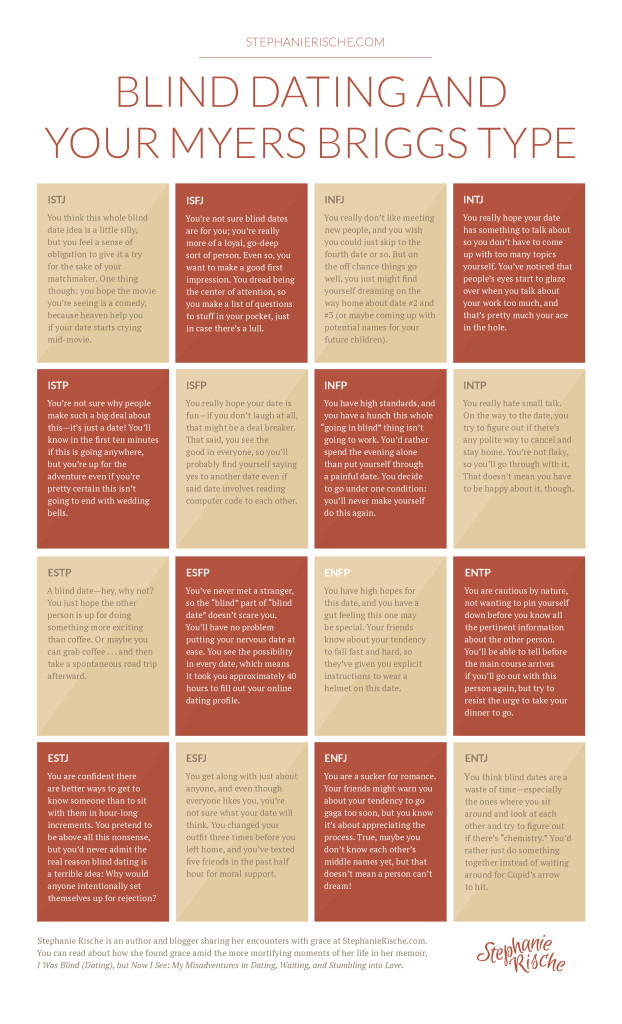
Type six: Skeptic/Loyalist
People of the sixth type are able to see different directions and ways of developing a situation, take into account all possible outcomes of events, calculating risks. They are constantly in the process of choosing and finding the right solution. That is why they soberly assess what is happening, test the world for strength.
Life credo: seek support and support within yourself and among those around you.
Keyword: choice.
Career orientations: you can find something worthwhile in any job.
Possible professions: civil servant, intelligence officer, lawyer, inspector, risk manager.
Seventh type: Optimist or Enthusiast
Type seven people look at the world through a positive filter and focus on the good, strive for pleasure and want to get the most out of life. They are easily involved in different projects, motivated, quickly switch between tasks, but may not complete the task.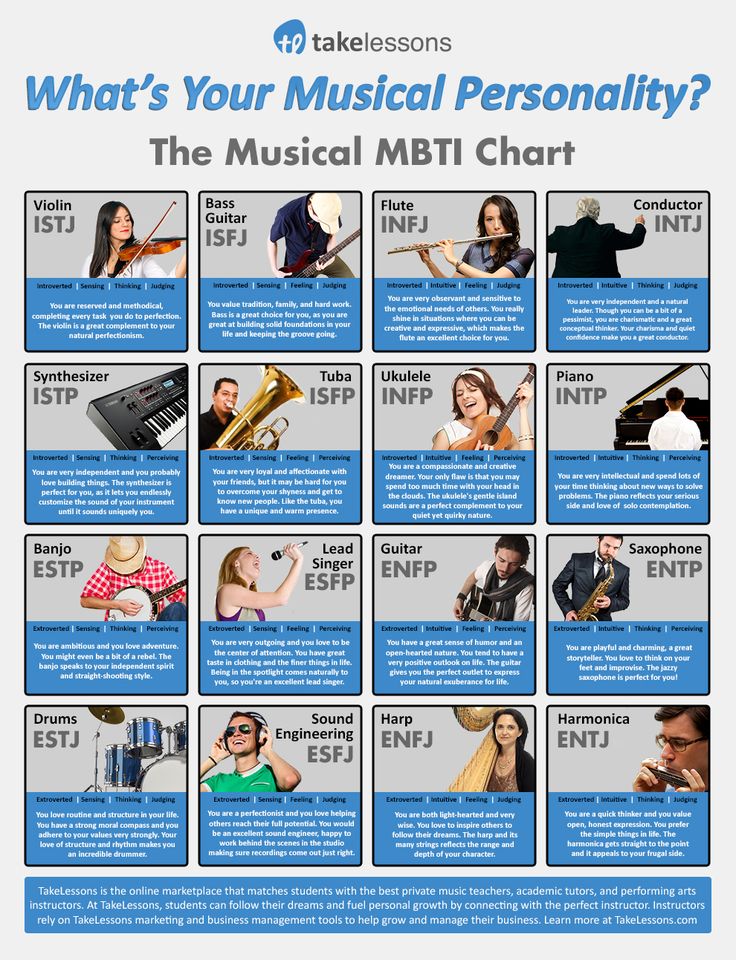
Life motto: Life is pleasure.
Keyword: pleasure.
Career orientations: personal brand, own project or business, work in the field of entertainment, creative directions.
Possible professions: guide, travel agent, restaurant critic, musician, DJ, dancer, photographer.
Type Eight: Boss or Leader
People of the eighth type know what they want to get from life, they are driven by their inner “I want”, responsible, born leaders, energetic, hardy and strong. They are result-oriented, specific and practical in their approach. Often they live by the principle: there are two points of view on every question - the wrong one and mine.
Life motto: develop strength and increase control.
Key word: justice.
Career orientations: the ability to make decisions on your own, and scale is also important - the ability to change the world.
Possible professions: Entrepreneur, career consultant, general manager, director of marketing or sales, executive director, politician.
